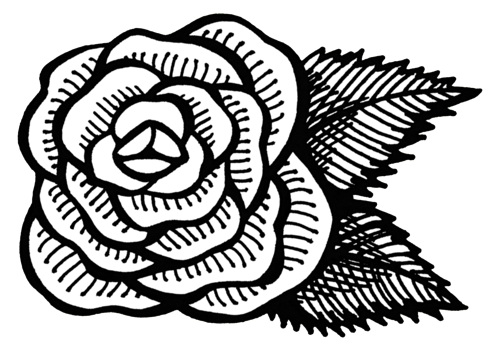The Hermit
Think of the Hermit not as an ornery recluse, but as a mystic seeker, chasing gnosis through observations of the natural world and the written works of other sages. The Hermit takes everything in with such scrutiny that she has to limit her sensory input. She abandons the marketplace for the mountaintop because she spies more from a barren peak than others might notice in the most raucous, rich, and saturated bazaar. She finds more life between the lines of a dusty, vellum tome than others might find under a circus bigtop. The Hermit loves depth over breadth, and honors the solitude she needs to hold space for unending inquiries and unanswerable questions.
Carve out time and space to work with the cards alone, and discover how they speak to you on a personal level. As you read for others, remember to read for yourself. As you learn about tarot through blogs, books, classes, and groups, remember to pause and gather your own thoughts--they’re just as, if not more valuable to you than anyone else’s nuggets of wisdom. Do a daily card draw for inspiration at the beginning or end of your day. Keep personal notes on your readings and interpretations in a notebook or diary that you never share with anyone else.
Give yourself an input-vacation week. No readings for others, and no engagement with external tarot-related media (books, articles, blog posts, conversations, etc.) for seven days. Spend one hour each day of your retreat week getting to know your favorite tarot deck, drawing cards for yourself, and journaling your own reflections. No peeking at the Little White Book!
The Wheel of Fortune
Not everyone interprets the cards differently when reversed than upright, and that’s just ducky. Personally, I like reading into reversals because it doubles a deck’s potential messages. Whether or not you choose to read this way, it’s helpful to familiarize yourself with reversed meanings, to round out your skills and know your options.
You can keep it simple, and read a reversal as a diminishment, tension or imbalance with the card’s upright energies, or a conflict with a certain personality type in the case of court cards. You could view a reversal as meaning the opposite of whatever the card says upright, bearing in mind that “the opposite of xyz” does not mean the same thing as “not xyz.”
Interpretations get more nuanced from there. While you can find scores of overlapping meanings on blogs and in guidebooks, it’s vital to forge your own intuitive connection to the images. Try these two journaling exercises:
Freeze Frame
Place the cards of your deck in order, turning each upright. One by one, consider each card in turn. Imagine that each picture shows a situation - a still image, frozen and plucked from the moving narrative of a film or play. In your journal, write one or two sentences describing what’s going on in this scene. Now turn the card upside-down, and consider the reversed image for a minute. Take the caption you just wrote and ask yourself, “what would this situation look like turned on its head?” How does the plot twist and thicken? Write a new caption for your topsy-turvy vignette.
The Wheels on the Bus
Draw a card from your deck, by choice or at random. Turn the card around in your hands. Upright. Reversed. Upright. Reversed. Imagine the card is a wheel, and that its themes represent a cycle we go through in life. With a quick bulleted list, jot down the steps of the cycle you see, from upright to reversed and back. Then ask yourself, “what’s the point?” Summarize in one sentence the lessons this card’s cycle teaches.
Justice
Justice teaches us about fairness and accountability, to oneself and to others, one-on-one, and in the public sphere. As social beings, we’re obligated to do right by ourselves and by others, to the best of our abilities, whenever we can. We do well to bring discernment and ethical guidelines to each interaction and practice we engage in, including tarot.
Tarot is a subjective art, and there’s no single way to approach it. Many readers take different stances on ethical points like predictive readings, third-party readings, charging money for spiritual work, and more. No two readers have the same combination of style, beliefs, ethics, and approach, and that’s fine. You get to decide these for yourself.
Write out your thoughts about tarot and ethics in your journal. People seek tarot readings for many reasons, from entertainment, thrill-seeking, curiosity, and debunking, to a desperate, heart-felt need for help and advice. Some of these motivations leave people vulnerable. You may even find that you engage with the cards for yourself from a place of vulnerability. What does your own moral compass tell you about the reading process? What boundaries can you set up to protect yourself and your clients?
Here’s a (non-exhaustive) list of some hot ethical questions to mull over as you write your own guidelines: Are there topics and questions you’re unwilling to read on? If you’re taking clients, will you screen their questions before agreeing to do a reading, and how will that screening process work? How much experience and expertise do you need before billing yourself as a professional reader? How and when will you take payment? What do you do if you attempt a reading and it flops, or you have trouble getting in the zone? Do you believe the cards can predict the future, and if so, how do you handle the risks of setting up self-fulfilling prophecies? What do you do when someone asks for advice you’re not qualified to give? How do social justice concerns apply to your tarot practices? How can you be more inclusive, and mindful of diversity and representation in your readings? Should you limit how often you read for a single client? Should you limit how often you read for yourself? If you’re seeking a reading from someone else, what ethics and professional practices would you want them to have?
It’s okay if your answers to these questions look different from other readers’, as long as you’re honest about what you offer, and operate within the law. Keep a copy of your own ethics statement in your tarot journal. If you do read for others, consider placing an ethics statement on your website, or have a set of guidelines handy to answer client’s questions about your process.
Be aware that some matters come down to personal sensibilities, and other matters come down to the law. If you do have a professional tarot practice, read up on local and regional laws before hanging your shingle. Many states in the U.S. have laws regulating, and even banning, tarot and fortune-telling, to protect consumers from fraud. Although many such laws are outdated, infrequently enforced, and arguably discriminatory for those whose religious practices include divination, they are still on the books in a lot of places. (Disclaimer: I’m neither a lawyer, nor a business pro, but you can find more specific info on this stuff elsewhere online. There are some excellent tarot business blogs out there. I recommend checking out Benebell Wen. She’s a tarot expert and a lawyer. Her book, Holistic Tarot touches on tarot business and the law, and her blog is swoon-worthy.)
The Hanged Man
Hung out to dry, but with a holy glow about him, the Hanged Man finds enlightenment in a moment of suspension, tension, and inaction.
Just as we need rest and sleep to process each passing day and refresh for the next, the learning process demands occasional breaks for our minds to fully absorb new lessons. This holds doubly true for intuitive and creative practices. If you want your subconscious to answer when you call, you must give your subconscious its own time with the material you feed it, and that means taking a break from conscious engagement with said material.
| Take a week off from tarot completely. Don’t even think about it. Your skills will thank you later. The mind is a mysterious place, and more happens in times of rest than we can ever know. Every few months or so, I’ll take 1-2 weeks off from drawing and painting, and I’m always amazed when I come back to the drawing board with stronger skills than I left off with. If I stopped drawing for several months, or only worked every other week, I’d lose skills and have to play catch-up, but when I take a week’s vacation a few times a year, it helps my work enormously. Short periods of suspension pave the way for leaps in progress. |

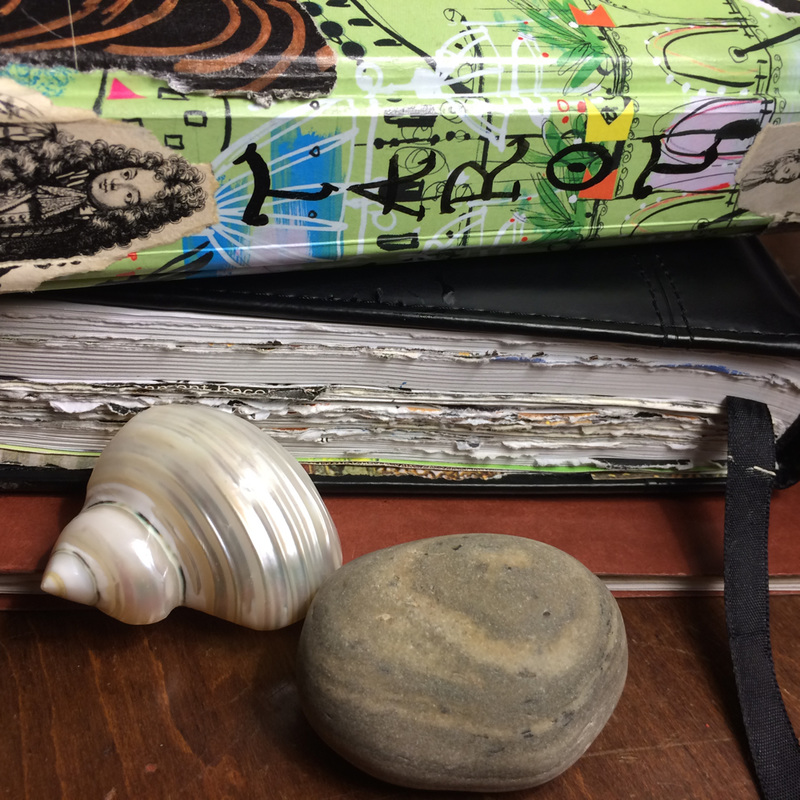



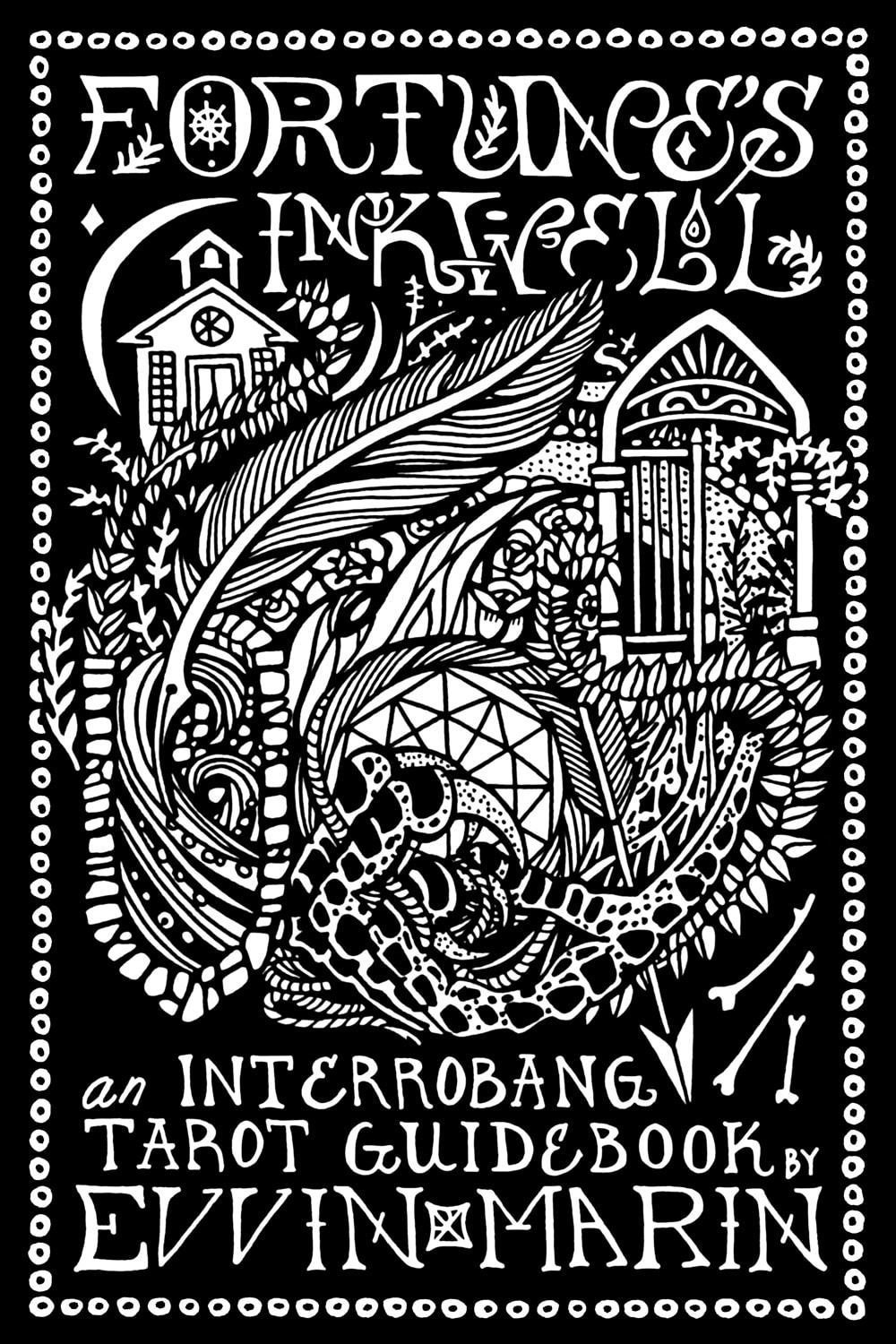
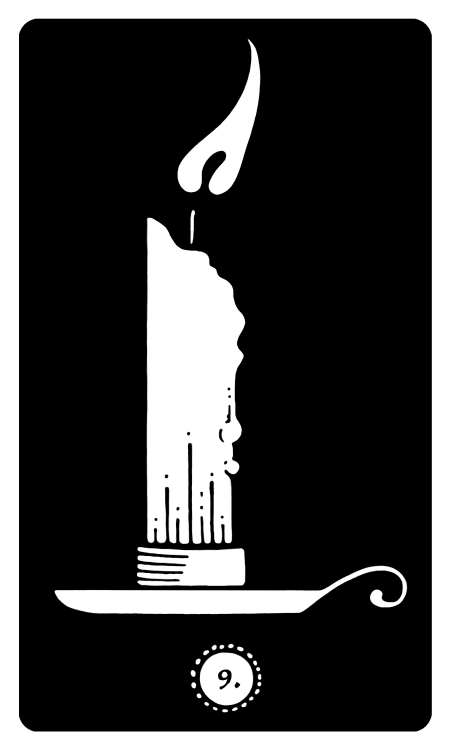
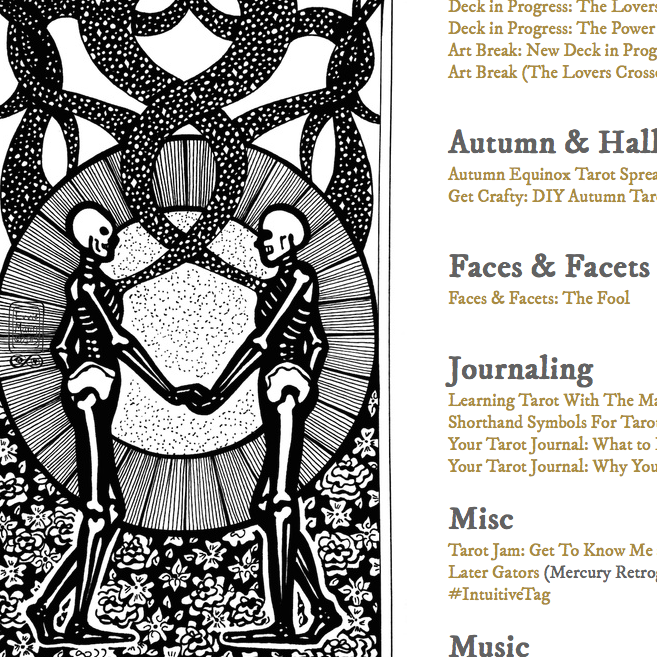
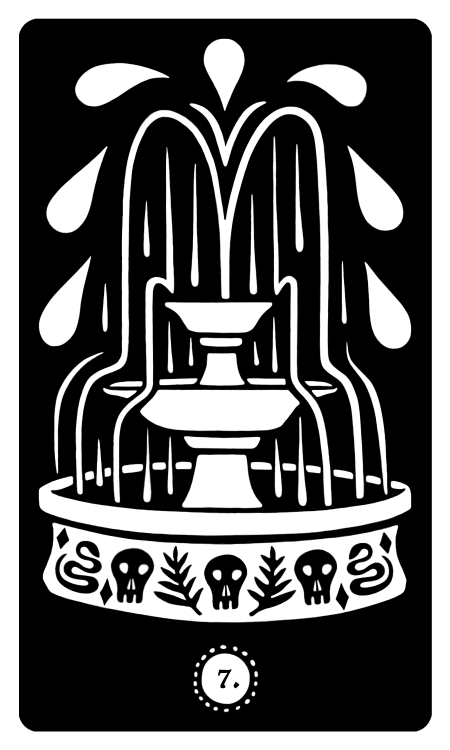
 RSS Feed
RSS Feed
